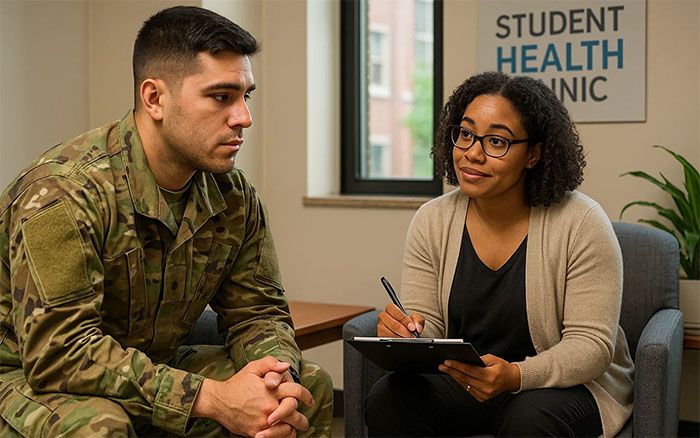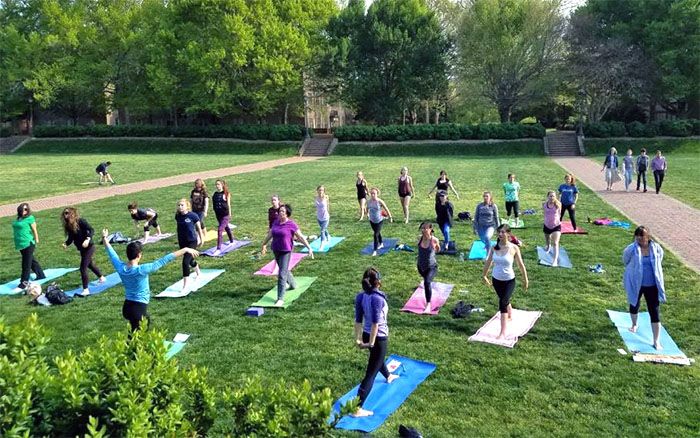How 4 Boarding Schools Are Rethinking Wellness With Medicat
The residential nature of boarding school life presents both unique opportunities and challenges for student wellness. Unlike day schools, these institutions are responsible for supporting students academically, socially, and emotionally within a 24/7 community environment.
To meet these evolving needs, many boarding schools are reimagining wellness from the ground up. Through peer-led support networks, DBT skills groups, and structured life skills programs, they are creating flexible systems of care that reflect the realities of residential life.
In this article, we spotlight four schools that are transforming student wellness and setting a new standard for comprehensive support in boarding communities.
1. George School – True 24/7 Care & Community Support
George School takes a fully integrated approach to student wellness. The Student Health and Wellness Center (SHWC) offers a 24/7 staffed facility complete with exam rooms, isolation spaces, and private counseling suites. With registered nurses available around the clock and mental health professionals on call, students have access to comprehensive care whenever they need it.
Additionally, George School partners with reputable organizations like the Jed Foundation for suicide prevention and the Caron Foundation Educational Alliance for substance-use programming. These collaborations reinforce the school’s commitment to evidence-based care, which is especially vital in the boarding context where student needs are often continuous.
George also prioritizes community wellness through engaging events, such as their “Spring into Wellness” Book Fair and mindfulness activations like DIY glitter jars and bibliotherapy. These thoughtful initiatives provide low-pressure ways for students to connect, de-stress, and learn self-care techniques.
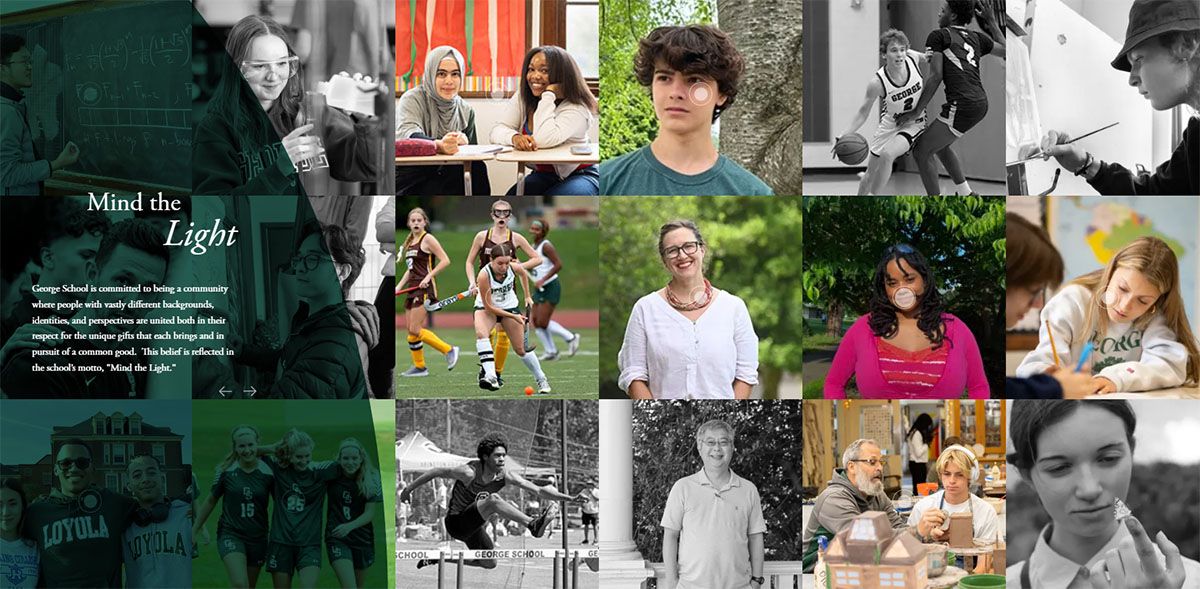
2. Hebron Academy – Whole-Student, Embedded Wellness
At Hebron Academy, wellness is intentional and interwoven. From orientation onwards, students encounter programming that spans everything from nutrition and sleep hygiene to LGBTQIA+ awareness and healthy relationships.
Weekly meditation and yoga sessions are available to both students and faculty, promoting well-being across the campus community.
Supporting these wellness efforts is a dedicated team and network of services, including:
- A full-time on-campus mental health clinician
- A child & adolescent psychiatric nurse practitioner
- Weekly yoga and meditation sessions for students and faculty
- DBT (Dialectical Behavioral Therapy) skills groups
The Student Support Team, which meets weekly, coordinates care plans involving faculty, counselors, and nursing staff—ensuring comprehensive, individualized support for each student.
Wellness is woven into nearly every facet of campus life, from athletics to advisory meetings, reinforcing healthy habits holistically and consistently. This is especially effective in residential environments, where wellness must be accessible and visible at all times.
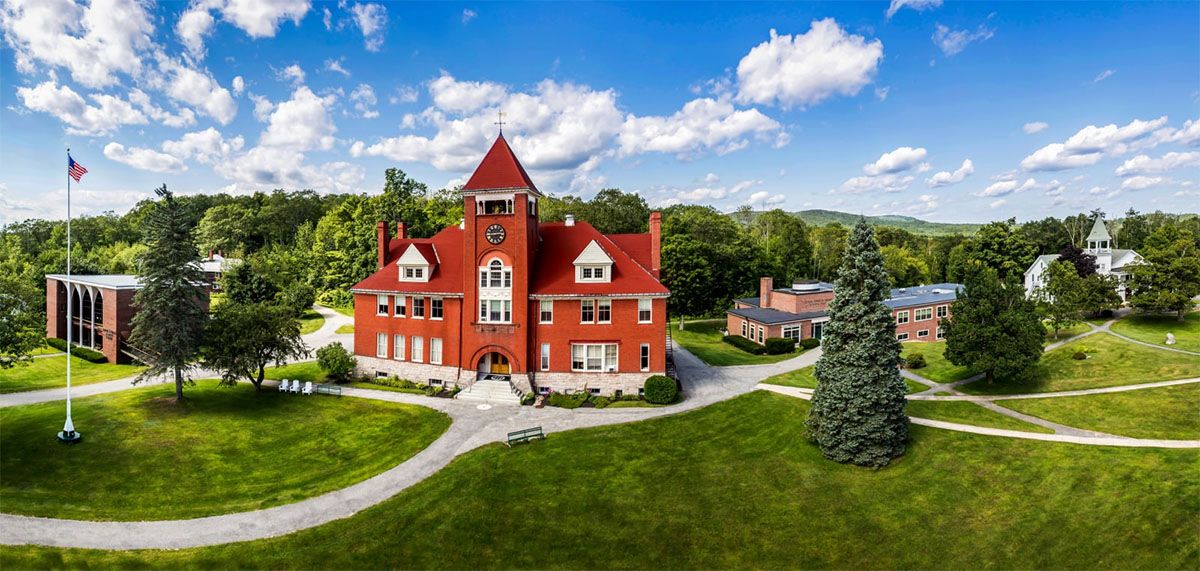
3. Hotchkiss School – Comprehensive Safety & Life-Skills Framework
The Hotchkiss School exemplifies how boarding schools can create comprehensive wellness environments through systematic programming, extensive training, and clear policies that prioritize student safety and development.
Furthermore, Hotchkiss’s Human Development (HD) program delivers weekly, age-appropriate lessons that evolve over time:
- 9th grade: Transition support and social-emotional learning
- 10th grade: Identity development, emotional health, and interpersonal skills
- Upperclassmen: College preparedness and advanced life skills
Moreover, Hotchkiss focuses heavily on training. Faculty, proctors, and staff receive guided instruction on healthy relationships, consent, bystander intervention, and gender identity.
Weekly “consent talks” led by professional staff demystify policy frameworks and empower students to advocate for their well‑being. Such training and programming cultivate a campus culture where safety, respect, and mental health literacy flourish.
Curious how Hotchkiss is using tech to strengthen student care? Check out the webinar recap featuring their Director of Health Services and our new eMAR in action.

4. Phillips Exeter Academy – One Center, Whole-Student Support
Phillips Exeter Academy supports student well-being through the Lamont Health and Wellness Center, a centralized hub that brings multiple care services together in one place. The center provides on-campus health care and counseling services, making it easier for students to access support without navigating separate offices or systems.
What’s especially relevant for boarding school life is Exeter’s emphasis on access and continuity. For instance, the center is open daily, and registered nurses are on duty day and night.
Exeter’s wellness model also reflects a “team-based” approach. The Health Center is home not only to medical services, but also Counseling & Psychological Services (CAPS), nutrition support, and athletic training, helping schools coordinate care around the realities of a student’s full experience (sleep, stress, injuries, eating concerns, and more).
Why this approach works in a boarding environment:
- Fewer handoffs: Students can move from medical support to counseling or nutrition care with less friction.
- More proactive support: On-campus counseling includes individual therapy, workshops, and support groups, which help normalize help-seeking.
- 24/7 responsiveness: Night coverage strengthens safety and reassurance for students and residential staff.
P.S. When multiple services are working as one team, a unified EHR helps keep documentation, care plans, and follow-up organized—especially when students are seen by different staff members across the week (or after hours).
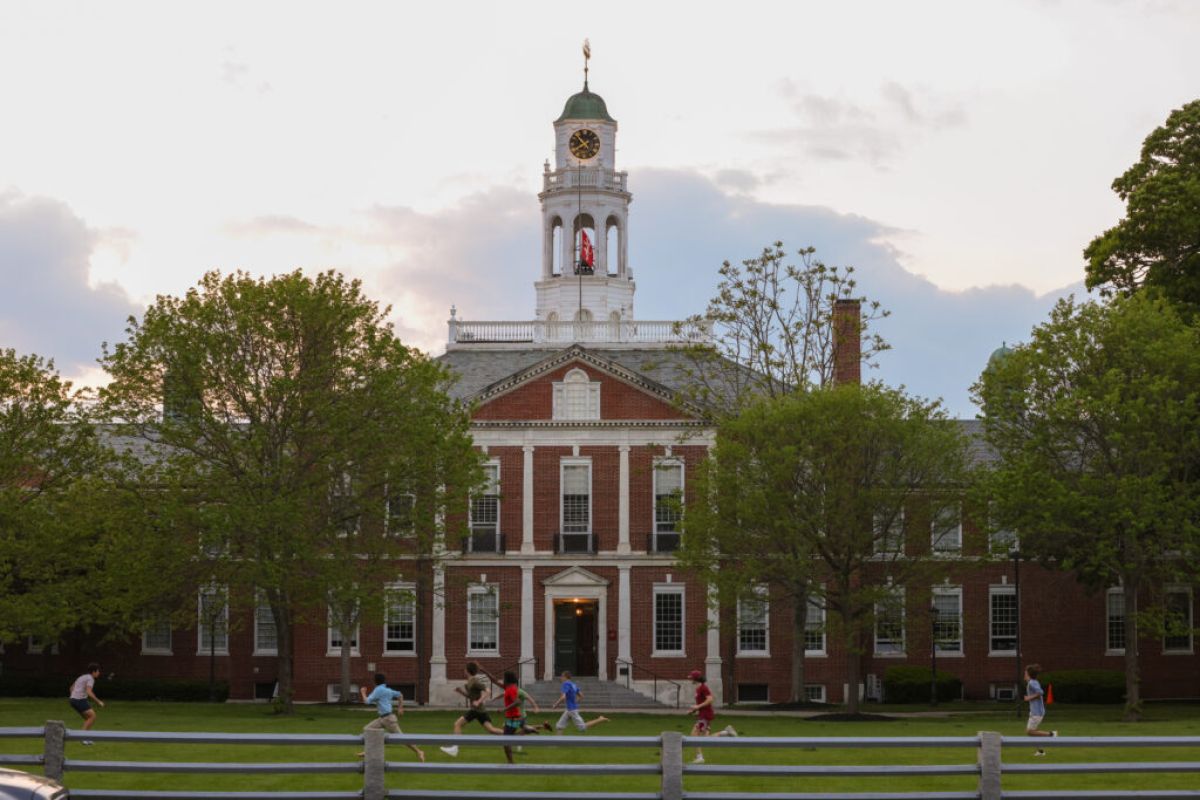
Key Takeaways
These innovative wellness programs highlight what works in residential school communities:
- Peer support matters. When students are empowered with the right training, it fosters a lasting culture of openness and collaboration.
- Consistency is key. A mix of daily, weekly, and monthly wellness touchpoints meet students’ diverse needs and schedules.
- Clear structure builds safety. Policies and training empower students to seek help and trust the system.
- Support should evolve. Age-appropriate programming ensures relevance as students grow.
As boarding schools continue to evolve their wellness approaches, these programs demonstrate that comprehensive student support requires intentional community building, consistent programming, and keen attention to both individual and collective well-being.








